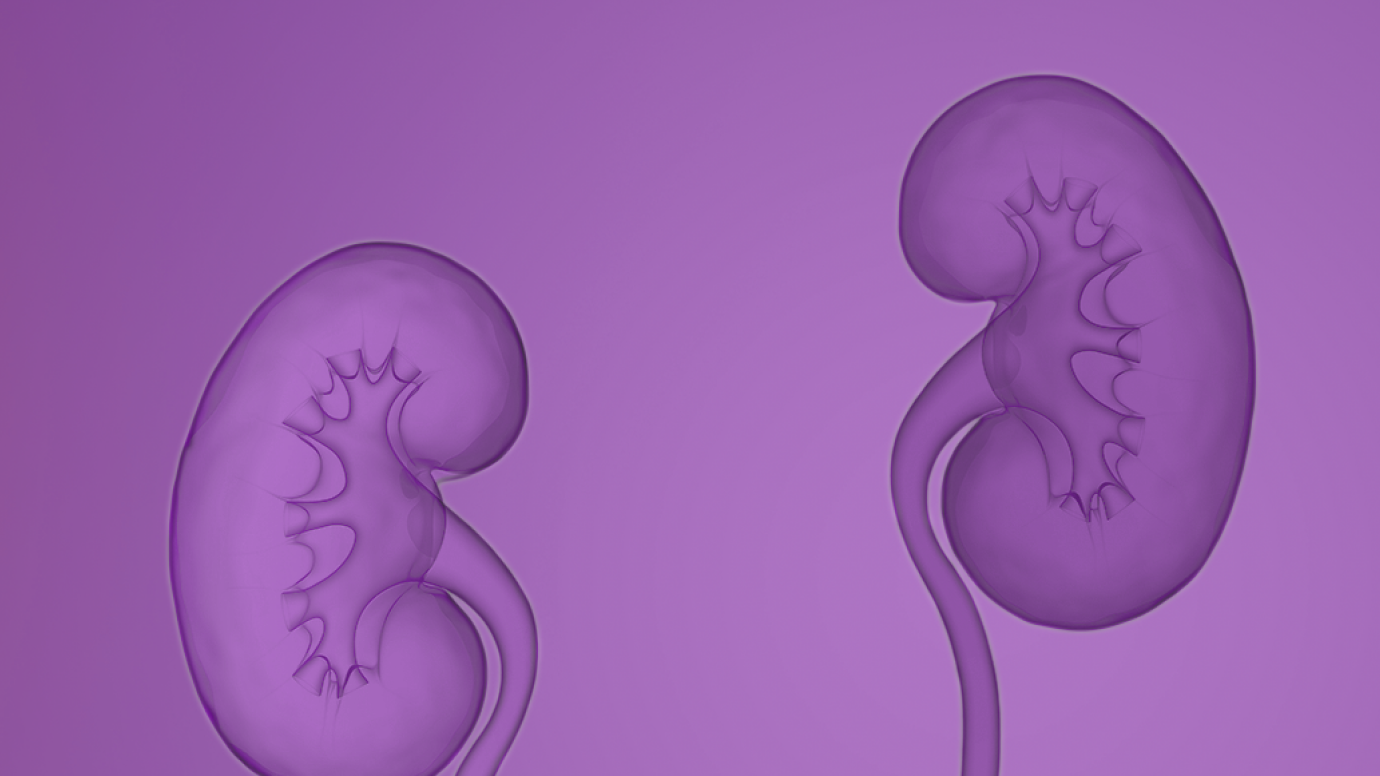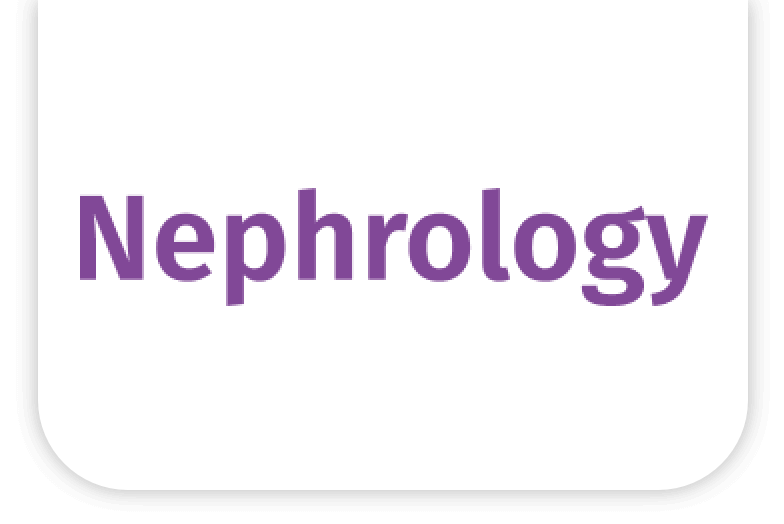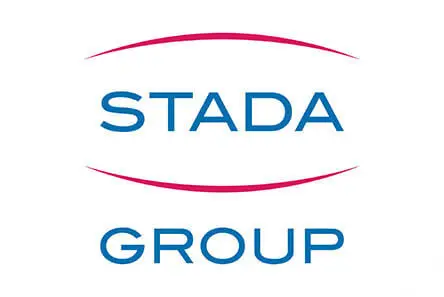IgA Nephropathy: when the gut causes
inflamed kidneys
Berger's disease, also known as immunoglobulin A Nephropathy (IgAN), is the most common form of glomerulonephritis, a disorder in which there is non-bacteria-related inflammation of the filtering units (glomeruli) of the kidneys. Whilst IgAN originates in the gut1, it is the kidneys that are damaged. Ultimately, 25-30% of those with IgA Nephropathy develop end-stage renal disease within 20-25 years, requiring dialysis or even kidney transplantation.2 At present, the treatment options for IgA Nephropathy are limited and new forms of treatment approaches are constantly being explored, it is hoped these could at least slow disease progression.
IgA Nephropathy at a glance
Learn more about IgAN

Learn more about the most common form of glomerulonephritis worldwide, its epidemiology, its potential progress and the impact associated with IgAN.

Learn about the pathogenesis of IgA Nephropathy : Learn how IgAN has its origin in the gut, the role played by the peyer’s patches and IgA in the development of the disease and what causative factors there are.

Obtain an overview of the current gap when it comes to the available treatments of IgA Nephropathy and how the progression of the disease can be predicted.







